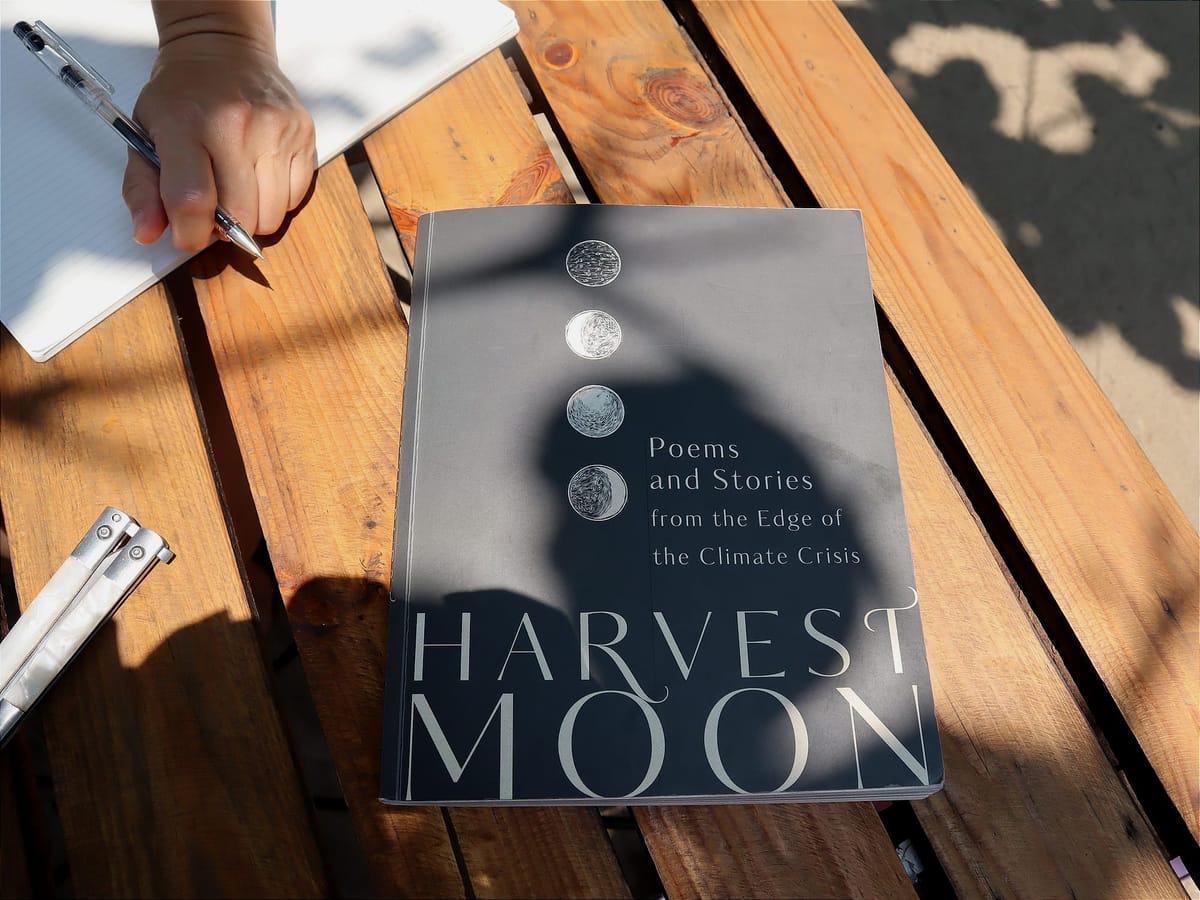Writing in an Emergency
During crisis, many things become uncertain. In those early days of the Covid-19 pandemic especially, she said, “Everything became immaterial.”

What role does writing have in the midst of crisis? What kind of writing emerges during a crisis? What writing is born inside of an emergency—and breaks through the surface? The answer takes the form of a story.
In India, the first cases reported of COVID-19 were in January 2020, in three towns in Kerala, a coast lined part of India also known as “God’s Own Country”. Dr. Swetha B. Ram, a pediatrician working in a rural hospital in northern Kerala, is a young mother who had to leave her son for half a year to serve in battle. Many frontline healthcare workers will remember the early surges of COVID-19 this way: going to battle, fighting a war against contamination—against the invisible, transmissible, and completely gripless. For Swetha, as she donned her PPE everyday in hospital wards, it was the voice of her sweet, four-year old son that marked the dispatch: “Mama, go fight Corona!” Parents who served on the medical frontlines know the awful heartache of being separated from their children, and the fear of not knowing if and when they would be reunited.
Before publication, Agam Agenda reconnected with Swetha to have a conversation about her experience on the frontlines and the role of writing during a crisis. The period of separation from her child was itself like a “faraway land,” and yet as a caring mother would, she still tells her son anyway “about borders and the edge on which we all stand.”
Swetha said that during a crisis, whether that be a global pandemic or ecological damage, many things become uncertain. In those early days especially, she said, “Everything became immaterial.” The invitation to write this piece helped her even in a small way through her difficult circumstances. It gave her the comfort of writing simply and honestly, as a matter of living or breathing. While Swetha may not think of herself as a professional writer, she told us, “I write because I don’t have any other choice. Find the words and once it’s out of you, you feel better.”
From crisis there are stories we are called to tell.
Carissa Pobre is a writer from the Philippines. She previously co-steered the Agam Agenda initiative as the strategist for creative communication and supported the production of the award-winning Harvest Moon anthology.
Find her books at Everything’s Fine Press at their online shop, or drop by their independent bookstore at 14 Tordesillas Street, Legazpi Village, Makati City.